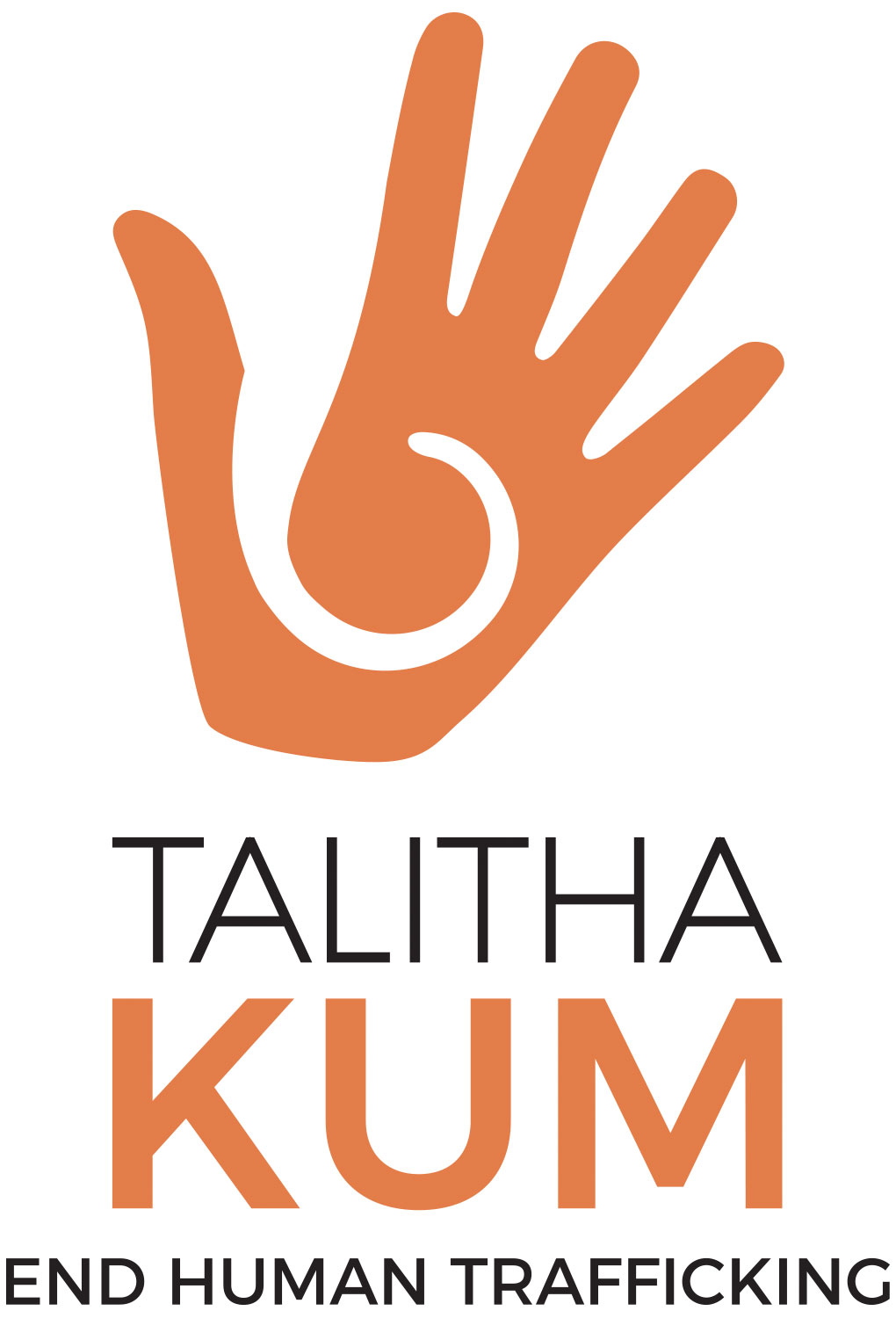Talitha Kum International

Talitha Kum is the International Network of Consecrated Life Against Trafficking in Persons. Headquartered in Rome, Talitha Kum is part of the International Union of Superiors General (UISG), in collaboration with the Union of Superiors General (USG). Talitha Kum coordinates the anti-trafficking efforts of Religious Sisters, facilitating networking, communication and formation, according to the strategic planning of the UISG and the Social Teaching of the Catholic Church.
The members of Talitha Kum are intercongregational Sister-led national and regional networks that are linked to their national conference of Major Superiors. Each member network implements the priorities of Talitha Kum International and promotes initiatives against trafficking in persons in their particular contexts and cultures. Alliance to End Human Trafficking (AEHT) is the designated U.S. member of Talitha Kum.
Talitha Kum Leadership
Sister Abby Avelino, MM, currently serves as the Coordinator of Talitha Kum. She is assisted by an International Coordination Committee.
Talitha Kum Intl. Coordination Committee Members
Sister Abby Avelino, M.M.
International Coordinator
Sister Yvonne Clemence Bambara, RGS
Regional representative of Africa
Sister Carmen Ugarte Garcia, OSR
Regional representative of Latin America
Sister Isabelle Couillard, SCMC
Regional representative of North America
Sister Adina Bălan, CJ
Regional representative of Europe
Sister Colleen Jackson, RSC
Regional representative of Oceania
Sister Paula Kwandao Phonprasertruksa, SPC
Regional representative of Asia
Sister Gabriella Bottani, SMC
International Coordinator 2014-2022
Sister Estrella Castalone († 2018)
International Coordinator 2009-2014
10th Anniversary – September 2019
Talitha Kum International celebrated its 10th Anniversary in September 2019 in Rome. Members adopted three priority areas of structural injustice to address in the fight to end human trafficking:
1. The power differential between men and women in all sectors: economic, social, familial, political, cultural and religious.
2. The dominant model of neo-liberal development and unfettered capitalism creates situations of vulnerability that are exploited by recruiters, traffickers, employers and buyers.
3. Unjust and inadequate immigration law and policy coupled with forced migration and displacement puts people at greater risk of being trafficked.
To read the full text of the Final Declaration and other 10th Anniversary documents:
Final Declaration
Declaración Final
Talitha Kum Priorities (2020-2025)
Talitha Kum Prioridades (2020-2025)
Reports and Resources
Study Packet: Women and Human Trafficking
Study Packet: Neoliberalism and Human Trafficking
Talitha Kum 2022 Annual Report
Talitha Kum 2021 Annual Report

